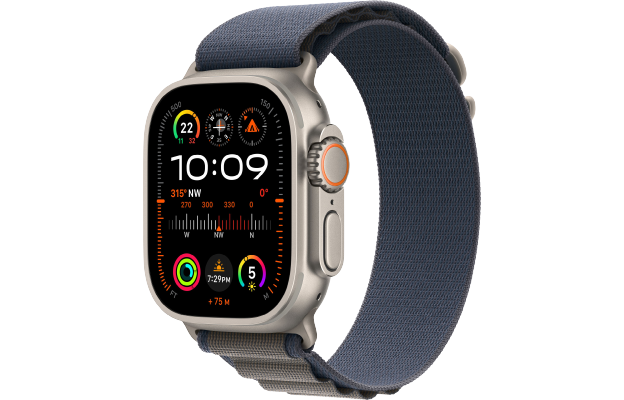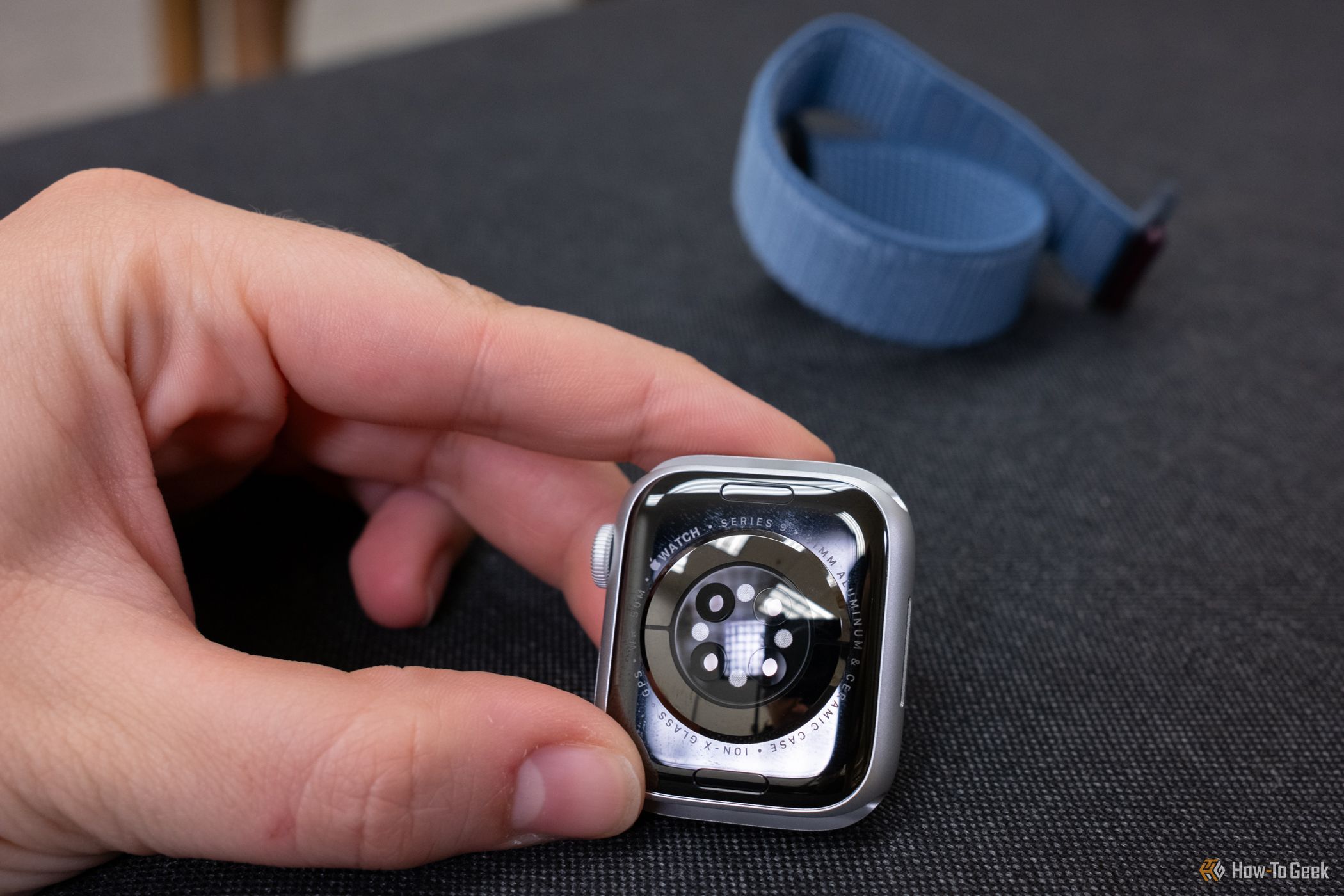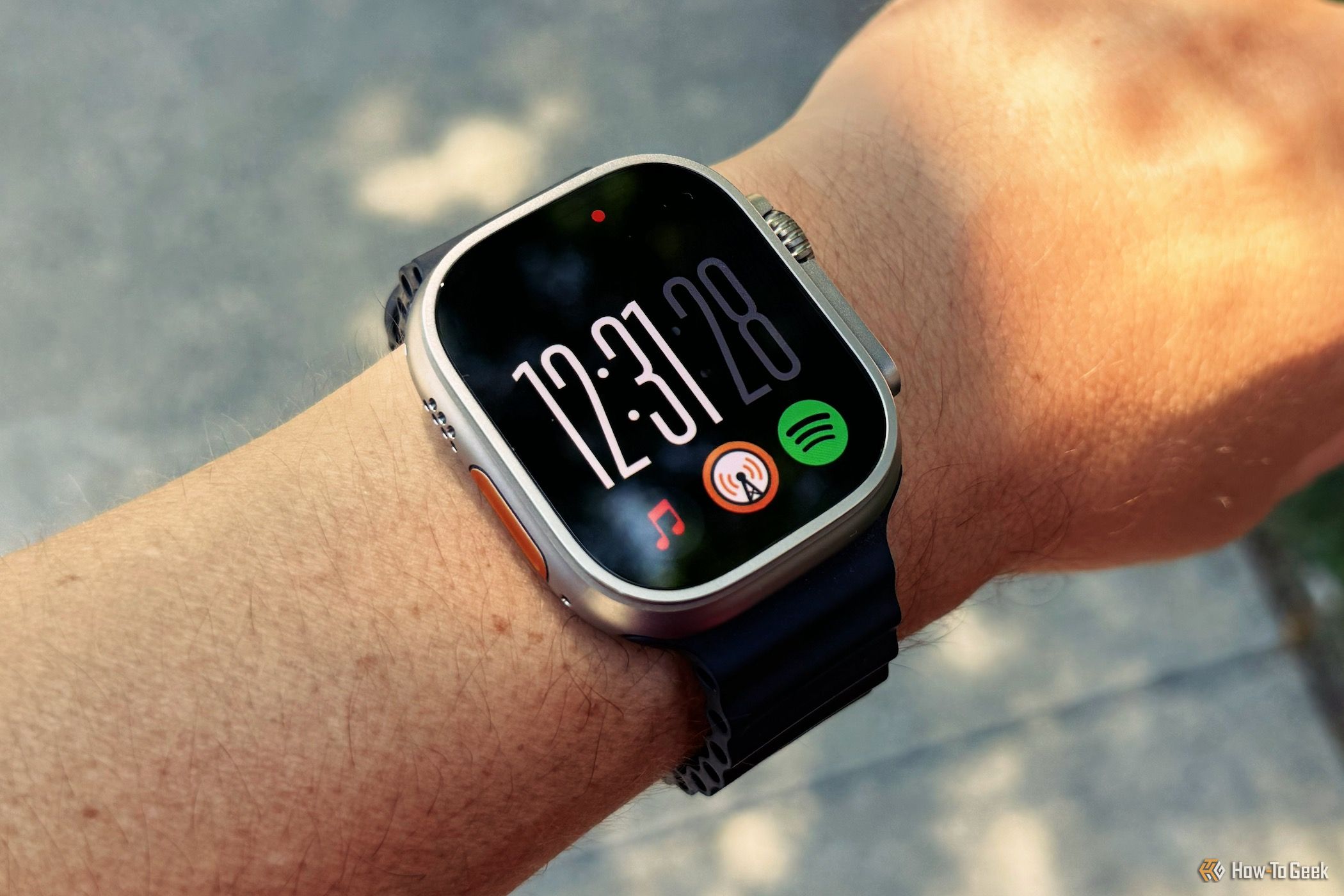Tech News
The Apple Watch Series 10 Is Still Missing This Series 6 Feature
Key Takeaways
Though new products are often labeled “downgrades” by their detractors, it’s rare for new versions of gadgets to actually lack basic features that debuted generations ago. But that’s exactly what’s happening with the Apple Watch Series 10.
The Series 10 Cannot Take Blood Oxygen Readings
As a result of a legal dispute that started in late 2023, the Apple Watch Series 10 is shipping without the ability to measure blood oxygen levels with a pulse oximeter. After removing the blood oxygen feature from the Series 9 and Ultra 2 in January 2024, Apple has yet to reach a desired outcome in its patent dispute with Masimo.
Apple originally released this feature with the Apple Watch 6. So that means you could actually lose the feature if you upgrade from an Apple Watch 6, 7, or 8 to the Apple Watch 10.
Masimo alleges that, in 2013, Apple reached out to the company to collaborate on a product. The company says that Apple instead gathered information and poached Masimo employees. This led to accusations that Apple infringed upon patents owned by Masimo in bringing the blood oxygen feature to market.
That means that the 2024 revision of the Apple Watch is incapable of doing something that was possible way back in 2020. This issue is limited specifically to Series 9, Series 10, and Ultra 2 models sold in the United States. If you have a Series 8 and earlier or you live outside of the United States, your Apple Watch can make use of the included blood oxygen sensor.
Apple initially ceased sales of the Series 9 and Ultra 2 altogether, before later removing the Blood Oxygen app and associated functionality via a software update.
Masimo produces its own Freedom “smart health watch” that includes blood oxygen readings, which is only available for reservation on its website.
The Series 10 Likely Still Has the Hardware
The Apple Watch Series 10 hasn’t yet launched at the time of writing, so it’s not clear whether Apple has made changes on a hardware level. Given the discrepancy in marketing between the Apple Watch in different regions, it’s possible that blood oxygen readings are simply disabled by Apple’s watchOS software.
Taking a look at the Apple Watch Series 10 technical specifications outside of the United States, Apple proudly advertises the pulse oximeter’s functionality. It seems unlikely that Apple would produce multiple Watch models for different markets, though it wouldn’t be the first time this has happened.
The iPhone 14 and subsequent models went eSIM-only in the United States, while Apple’s latest iPhone 16 model still has a physical SIM card slot in other markets.
Apple may be hoping for some sort of resolution to its legal troubles that could allow it to re-enable the sensor with a simple software update. We’ll have to wait and see what happens.
Everyone Loses
Though multi-billion dollar companies are not above the law, the result of this patent dispute ultimately affects Apple Watch owners. While the issue is less concerning now than it would have been during the height of the coronavirus pandemic, blood oxygen readings (though the Apple Watch is not advertised as a medical tool) can still be useful.
If you’re thinking of “upgrading” from a Series 8 or older to a Series 10, you might want to consider waiting until the court case is settled or Apple redesigns its sensor accordingly so you don't lose this feature.
Apple Watch Series 10
The new Apple Watch Series 10 is thinner and lighter than the Series 9 with a better display, improved S10 chip, and new jet black aluminum and titanium case options.

Apple Watch Ultra 2
$689 $799 Save $110
The most rugged and capable Apple Watch pushes the limits again. The Ultra 2 features the all-new S9 SiP, a magical new way to use your watch without touching the screen, and the brightest Apple display ever.
When you subscribe to the blog, we will send you an e-mail when there are new updates on the site so you wouldn't miss them.


 Hannah
Stryker
/
How-To
Geek
Hannah
Stryker
/
How-To
Geek Tyler
Hayes
/
How-To
Geek
Tyler
Hayes
/
How-To
Geek Apple
Apple
Comments